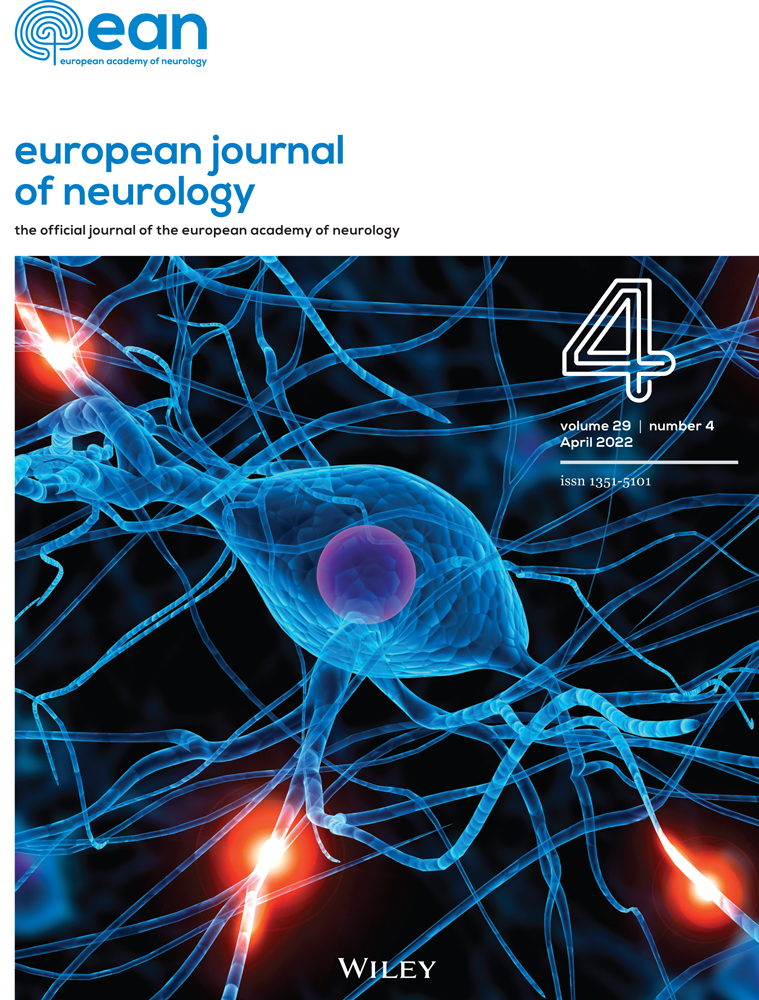Cognitive sequelae of long COVID may not be permanent: A prospective study
Abstract
Background and purpose
Cognitive decline is a recognized manifestation of long COVID, even among patients who experience mild disease. However, there is no evidence regarding the length of cognitive decline in these patients. This study aimed to assess whether COVID-19-related cognitive decline is a permanent deficit or if it improves over time.
Methods
Cognitive performance was evaluated by means of the Montreal Cognitive Assessment (MoCA) in COVID-19 survivors and noninfected individuals. All study participants had four cognitive evaluations, two of them before the pandemic and the other two, 6 and 18 months after the initial SARS-CoV-2 outbreak infection in the village. Linear mixed effects models for longitudinal data were fitted to assess differences in cognitive performance across COVID-19 survivors and noninfected individuals.
Results
The study included 78 participants, 50 with history of mild COVID-19 and 28 without. There was a significant—likely age-related—decline in MoCA scores between the two prepandemic tests (β = −1.53, 95% confidence interval [CI] = −2.14 to −0.92, p < 0.001), which did not differ across individuals who later developed COVID-19 when compared to noninfected individuals. Six months after infection, only COVID-19 survivors had a significant decline in MoCA scores (β = −1.37, 95% CI = −2.14 to −0.61, p < 0.001), which reversed after 1 additional year of follow-up (β = 0.66, 95% CI = −0.11 to 1.42, p = 0.092). No differences were noticed among noninfected individuals when both postpandemic MoCA scores were compared.
Conclusions
Study results suggest that long COVID-related cognitive decline may spontaneously improve over time.
CONFLICT OF INTEREST
The authors have no conflicts of interest to disclose.
Open Research
DATA AVAILABILITY STATEMENT
Data will be shared upon reasonable request to the corresponding author.




